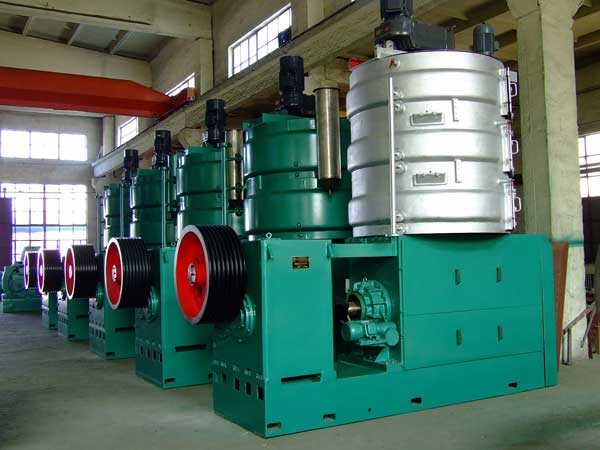
When you plan to establish an efficient and steady peanut oil processing facility, the foundation lies in choosing the right equipment. From a strategic investment perspective, selecting matching peanut oil pretreatment machines and peanut oil expellers is critical to ensure smooth workflows and optimal production scale. Missteps in equipment compatibility can cause daily output losses exceeding 30%, severely impacting profitability and timelines.
The peanut oil pretreatment machine is responsible for preparing raw peanuts by cleaning, drying, shelling, and conditioning. This process ensures uniform moisture content and optimizes oil yield. Conversely, the peanut oil expeller (pressing machine) extracts oil by mechanically pressing the prepared peanuts, where its capacity and pressing efficiency directly determine your plant’s daily throughput.
Selecting equipment with complementary capacities avoids bottlenecks — your pretreatment machine’s throughput should closely match the expeller’s capacity to maintain uninterrupted operation. For example, a pretreatment machine rated for 5 tons/day pairs best with an expeller that can press around 4.5-5 tons/day, minimizing idle times or overloads.
| Production Scale | Pretreatment Machine Capacity (tons/day) | Expeller Capacity (tons/day) |
|---|---|---|
| Small Scale | 1 - 5 | 0.8 - 4.5 |
| Medium Scale | 6 - 20 | 5.5 - 18 |
| Large Scale | 21 - 50+ | 19 - 48 |
Whether you’re starting small or aiming for large-scale production, matching equipment capacities prevents underutilization or overburdening, which both elevate operational risks and costs. For instance:
Beyond capacity, you should evaluate these practical aspects when selecting your peanut oil processing equipment:
Choosing mature processing lines not only avoids trial-and-error losses but also secures your production line against unpredictable downtimes. Such selection can lower your trial costs by up to 25% and guarantee smoother startup transitions.
Often underestimated, the brand and after-sales support behind your equipment are indispensable for ensuring consistent plant uptime and efficient troubleshooting. Investing in reputed manufacturers typically offers:
Prioritize suppliers who back the equipment with guaranteed parts availability and quick response. This approach prevents frequent costly breakdowns that can erode your profit margins and stall operations.

Overall, wisely selecting your peanut oil processing equipment by aligning production scale, operational efficiency, and supplier reliability equips you to establish a profitable and sustainable oil processing plant. Remember: avoiding mismatched equipment choices prevents production losses exceeding 30% daily — selecting proven, mature systems significantly reduces your trial-and-error risk.
Discover the Right Peanut Oil Processing Solutions to Maximize Your Yield









